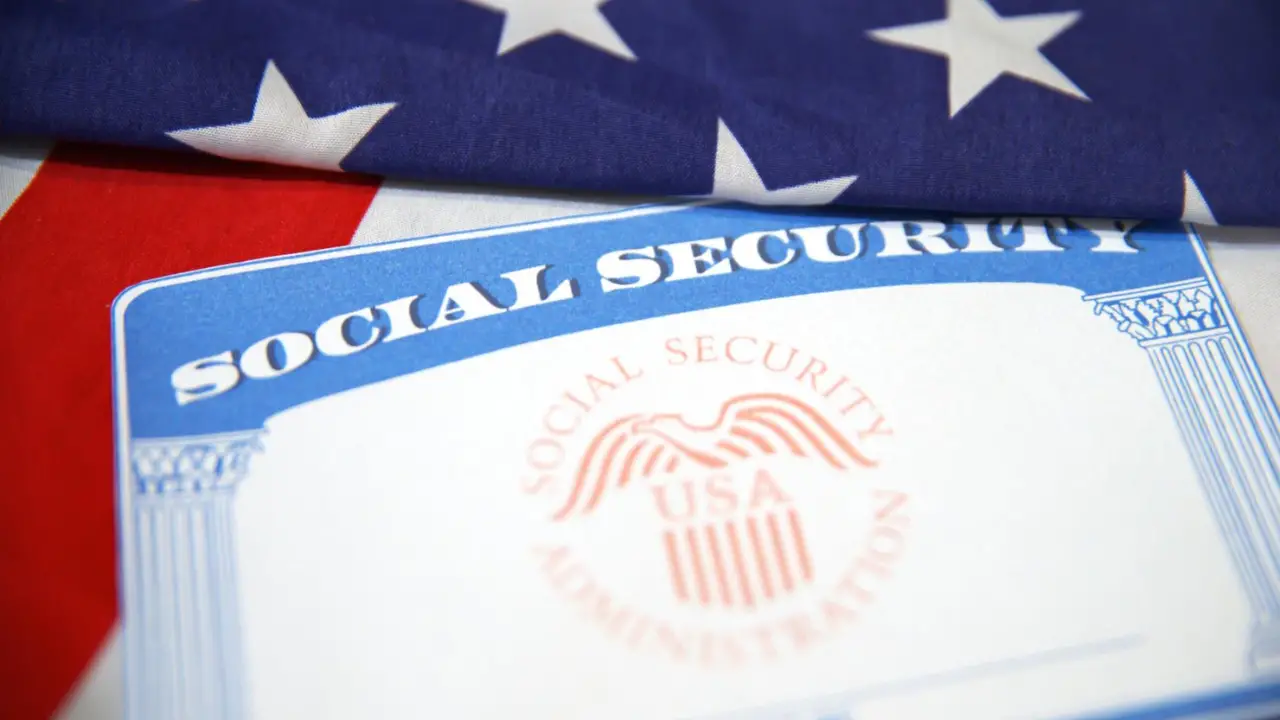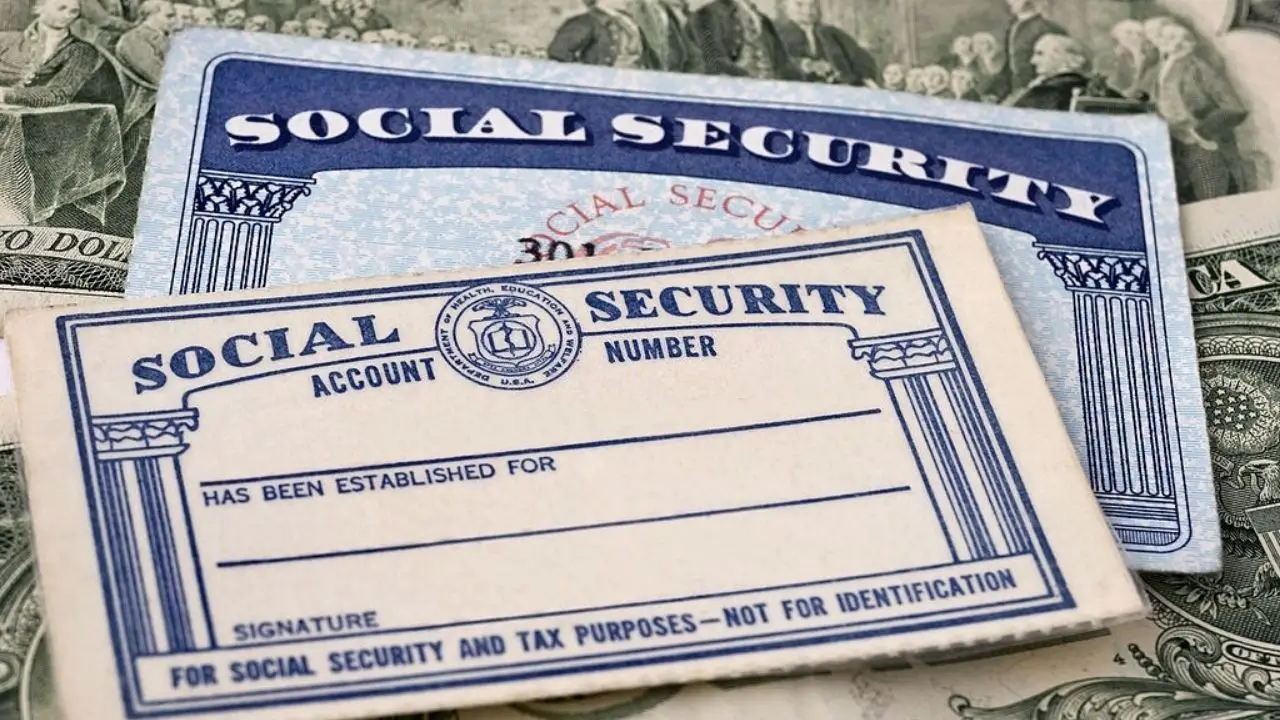Starting in April 2025, Social Security recipients will experience several significant changes that will affect millions of seniors across the United States. These changes are part of a broader effort to improve the Social Security system and make it more secure and fair for retirees. From new legislation to updated procedures, here’s a breakdown of the key changes you need to know about.
Social Security Fairness Act: Bigger Benefits for Many Retirees
One of the most notable changes for Social Security recipients comes from the Social Security Fairness Act, a new law that President Joe Biden signed into effect. This law addresses a long-standing issue for some retirees, particularly those who receive pensions from employers that Social Security does not cover. For years, this rule resulted in reduced benefits for people like teachers, police officers, and firefighters, whose pensions were often not tied to the Social Security system.
Under the new law, these reductions are being eliminated. This change will directly impact about 3.2 million people, including retirees from the public sector who were unfairly penalized by the previous rules. As a result, many of these seniors will see an increase in their monthly Social Security benefits.
The increase is significant for those affected. Retired workers will see an average increase of $360 per month in their Social Security payments. Spouses of retirees can expect an average increase of about $700 per month, while widows and widowers will see their monthly benefits rise by an average of $1,190.

While these increases are a welcome change for many, it’s important to understand that it might take time for the adjustments to be fully processed. The Social Security Administration (SSA) has stated that in some cases, it could take up to a year for these changes to reflect in beneficiaries’ payments, especially in more complex cases. Therefore, while the increased benefits are certainly a positive development, affected individuals need to be patient and keep track of any updates from the SSA.
New Identity Verification Procedures for Enhanced Security
Along with the benefit increases, another major change that will take effect in April 2025 involves stricter identity verification procedures. These new rules are designed to improve security and protect beneficiaries from potential fraud.
Starting on April 14, 2025, anyone applying for benefits or making changes to their Social Security account will be required to undergo more rigorous identity verification. The SSA is taking these steps to reduce fraud and ensure that the people receiving benefits are indeed the ones entitled to them.
While many seniors who make updates to their accounts online will not notice a significant change, those who need to apply for benefits or request changes through other means will need to visit a Social Security office in person. This will allow the SSA to verify identities more securely and minimize fraudulent activity.
While this change is designed to enhance the system’s security, it may lead to longer wait times and potentially more steps involved in the process. Seniors who plan to visit an SSA office should be prepared for additional paperwork or steps to verify their identities. It’s a good idea to call ahead or check the SSA website for specific instructions on what documents are required.
Faster Bank Account Changes for Social Security Payments
On a more positive note, Social Security recipients will experience a faster process when changing the bank account they use for their Social Security payments. Currently, it can take up to 30 days for the SSA to process a change in direct deposit information. However, starting on April 14, 2025, that time will be reduced to just one business day.
This is a great improvement for seniors who need to change their bank account details quickly, whether due to moving, changing banks, or other reasons. The new system will make it easier for recipients to update their information, ensuring that their Social Security payments are deposited into the correct account as quickly as possible.
This change is especially important for seniors who rely on Social Security benefits as their primary source of income. Making a change quickly and efficiently could help prevent delays in receiving payments, which can be crucial for managing finances.
Changes to Overpayment Recovery Rate
Another significant change that seniors should be aware of is the return to the full overpayment recovery rate. Starting on March 27, 2025, the SSA will revert to the 100% recovery rate for any new overpayments. This means that if a senior receives more benefits than they are entitled to, the SSA will begin withholding future payments until the overpaid amount is fully recovered.
This could be concerning for those who have experienced an overpayment. Previously, the SSA had a cap on the amount that could be withheld from future checks—only 10% of the benefit amount was taken to recover the overpayment. However, with this change, seniors will see their full checks withheld until the overpayment is fully recovered.

This change could be particularly challenging for those who rely on Social Security as their primary income. If you believe that you might be affected by an overpayment, it’s important to keep track of your payments and immediately contact the SSA if you have any concerns or notice discrepancies.
It’s also worth noting that this change only applies to overpayments that occur on or after March 27, 2025. Overpayments that happened before this date will still be subject to the 10% recovery rate.
How to Get More Information About Social Security Changes
If you have questions about how these changes will affect your Social Security benefits, the best course of action is to contact the Social Security Administration directly. The SSA offers a variety of resources online and by phone to help answer any questions and provide more detailed information.
It’s also a good idea to check the SSA’s website for updates about these changes, especially if you’re unsure how the adjustments might impact your specific situation. The SSA can clarify what actions you need to take and help guide you through any necessary processes.
Conclusion: Positive Changes for Seniors
Overall, the changes coming to Social Security in 2025 are largely positive for retirees. The Social Security Fairness Act will boost benefits for millions of seniors, while new procedures will help prevent fraud and improve security. The faster bank account changes will make it easier for seniors to manage their payments, and although the return to the full overpayment recovery rate could be a challenge for some, recipients need to stay informed and proactive.
While the adjustments will take time to implement, these changes represent a significant step forward in modernizing and improving the Social Security system for future generations of retirees.
Disclaimer: This article has been meticulously fact-checked by our team to ensure accuracy and uphold transparency. We strive to deliver trustworthy and dependable content to our readers.




